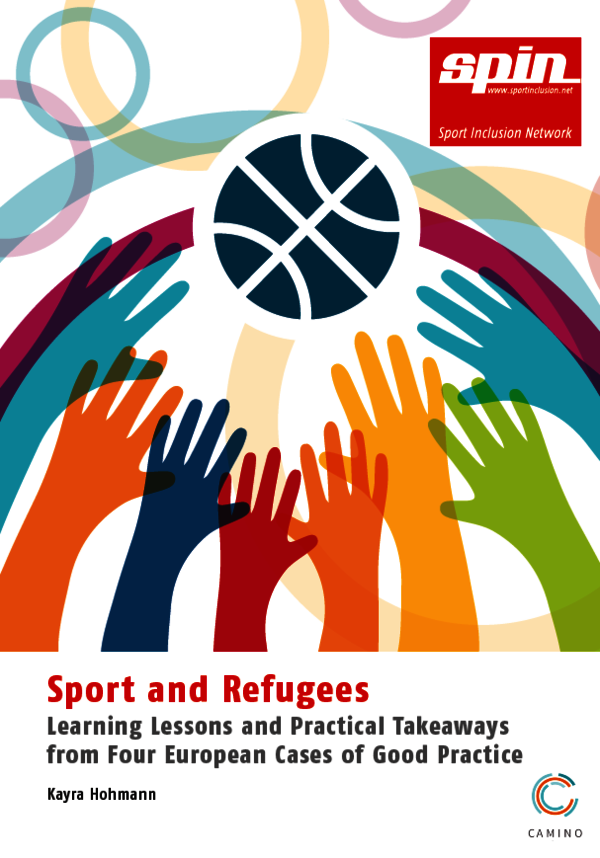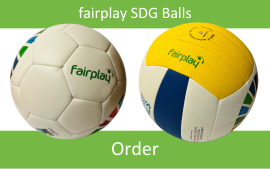New SPIN Good Practice Guide on the Inclusion of Refugees and People with Disabilities
A new SPIN Good Practice Guide contributes to evidence-based knowledge regarding effective methods and approaches for promoting social inclusion by sharing the hands-on learning experiences of four exemplary good practice cases. The publication was written by Kayra Hohmann form the SPIN research partner Camino.
The work features four diverse sports projects from the SPIN cooperating countries Netherlands, Austria, Italy, and Finland that target marginalized groups with high entry restrictions to sports. The empirical study draws on qualitative interviews with project leaders and sports instructors of the selected projects and describes the practical difficulties they have faced throughout the realization of the programme and the creative solutions developed to counteract them.
European Cases of Good Practice
The four chosen examples all employ unique approaches to promote the inclusion of their target group and follow either a particularistic strategy directed explicitly at refugees or a holistic approach that seeks to integrate refugees alongside other participants of the same overarching group.
The Massari Swimming Pool project run by UISP in Torino is a weekly, female-only swimming offer for refugees, migrants, and Italian women. It seeks to connect female asylum seekers and refugees with other Italian and migrant women by providing them a safer space to exercise and socialize in.
The programme Fit4Life (Monaliiku Finland) promotes the physical and emotional well-being of migrant and refugee women from predominantly Muslim-majority countries through fitness exercise and educational offers.
Wereldmeiden (“Worldgirls”) of the Dutch organisation Huis voor Beweging is a buddy project for refugee schoolgirls and Dutch girls (mainly students) who try different sports together. It aims to strengthen the social exchange between them.
While these three cases target different female audiences, the featured case from Austria is directed at people with impairments of different genders, backgrounds, and ages. Since offers for people with impairments are very few and almost non-existent for migrants and refugees, DAHEIMKICKER addresses people with impairments as a whole group and attempts to support their participation in sports.
By working out the central practical takeaways and lessons learned that the projects acquired over time, the guide seeks to assist grassroots organisations in solving practical difficulties that may arise in the execution of integrative sports projects for refugees and asylum seekers.
Background
The publication was developed within the framework of the project “Sport Inclusion of Refugees across Europe” (SPIN Refugees). The SPIN Refugees project ran between January 2020 and December 2022 and was co-funded through the European Commission Call 2019 - Sport as a tool for the integration and social inclusion of refugees. The project was initiated by the Sport Inclusion Network (SPIN) and carried out through transnational cooperation between nine European partner organizations.
The print version of the Good Practice Guide can be order by contacting:
belabed [AT] vidc [DOT] org




